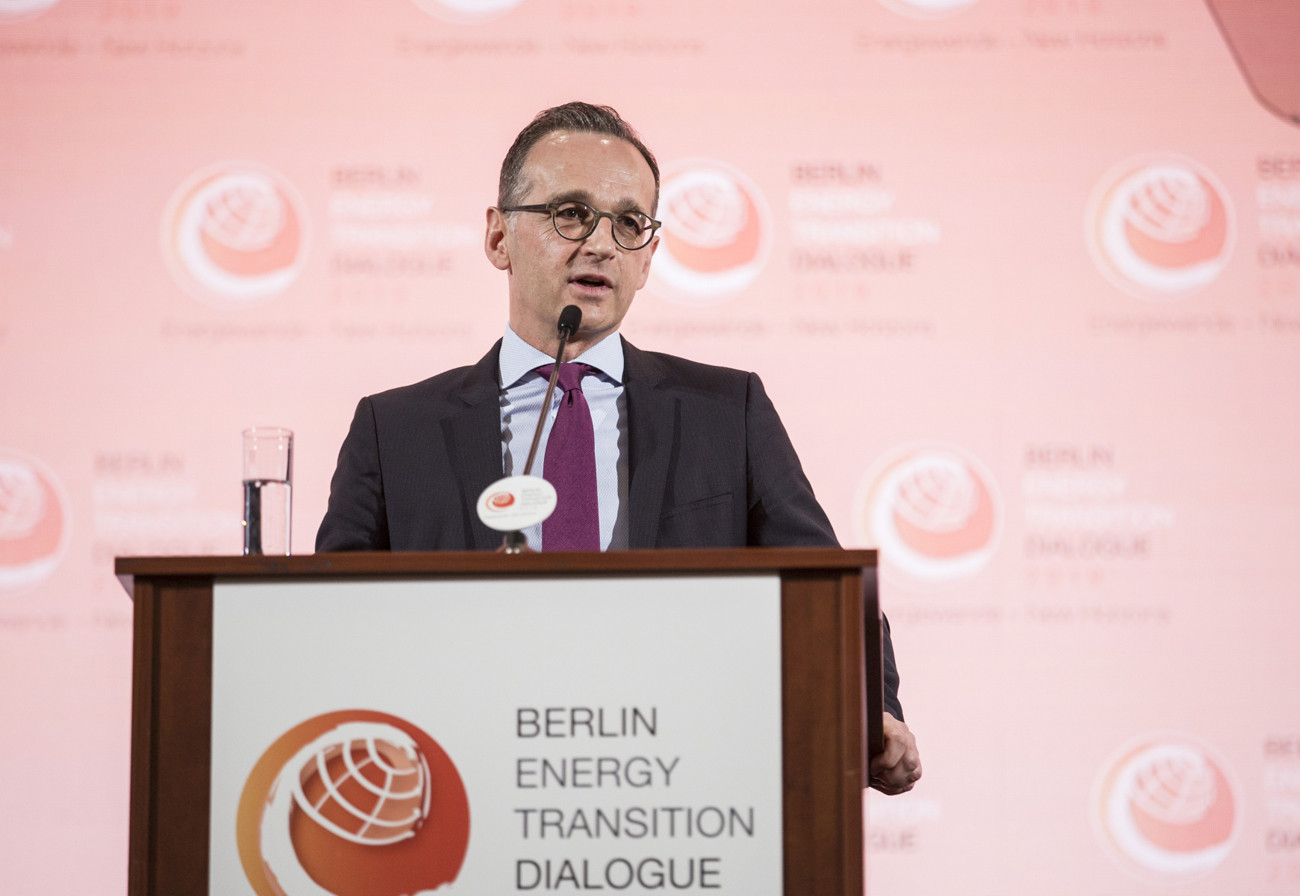Popular Reads
Top Results
Can't find what you're looking for?
View all search resultsPopular Reads
Top Results
Can't find what you're looking for?
View all search resultsRenewables way to gain energy independence, German minister says
Using renewable energy enables states to improve their own energy security.
Change text size
Gift Premium Articles
to Anyone
T
he transition from dirty to clean energy is often perceived only as an effort to cut global carbon emissions, but such a perception has already been left behind as global leaders start to believe that it is also a way to gain energy independence for each country in this planet.
German Foreign Minister Heiko Maas said on Tuesday that the political and economic impacts of energy transition were inevitable, but they would be positive ones as less-resource-rich countries could for once secure their own energy.
“The energy transition is not merely a shift from fossil fuels to renewable energy. It is also upending political constants. Using renewable energy enables states to improve their own energy security,” he said at the opening of the fifth Berlin Energy Transition Dialogue.
“So energy is losing its potency as the geopolitical instrument we have known for decades. Once energy independence is secured, a country can then pursue its strategic and foreign-policy interests.”
Maas said he also believed that the renewable energy sector could create more jobs and become the new economy.
German Economic Affairs and Energy Minister Peter Altmaier concurred that a full range of renewable energy, both in electricity generation and transportation, could help stabilize the planet in terms of economic growth and also environmentally.
“I wish we will see more progress in energy transition in years to come as it would positively impact the global economy when all of the people already have [a fair] access to energy,” he said.
The statements from both German ministers are in line with the latest study by the International Renewable Energy Agency, which is the global intergovernmental organization on energy transition, with a title of Global Energy Transformation: A Roadmap to 2050.
The study found that the global energy transformation could save US$396 billion more in energy subsidies by 2050 than what would have been spent if there was no transformation: an estimated $850 billion in subsidies in the same period, of which three-quarters would be for fossil fuels.
“For every $1 spent for the energy transition, there will be a payoff of between $3 and $7. In other words, the total savings from avoided subsidies and reduced environmental and health damages are about three to seven times larger than the additional energy system costs,” the study shows.(bbn)










